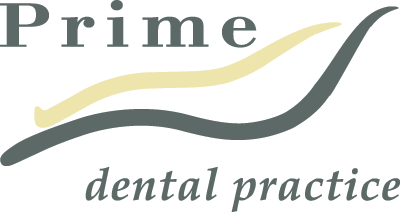As prevention professionals, our staff are concerned about the effects of smoking on both your oral (dental) and overall health.
While the effects of smoking on your lungs, heart and other organs may not be visible the evidence of smoking is easily seen in the mouth. Smokers can expect to develop some combination of the following, depending on the amount and length of time they have smoked:
- Persistent bad breath
- Discoloured teeth (sticky tar deposits leave black staining on the teeth)
- An increase in calculus (tartar) build-up
- Jaw bone loss
- Shifting teeth
- Oral cancers
- Root caries (cavities)
- Sinusitis
- Black hairy tongue
- Smoker’s lip (like a burn)
- Altered sense of taste and smell
- Delayed wound healing
- Smoker’s palate’—red inflammation on the roof of the mouth
Periodontal Disease
Smoking has been established as a significant factor for gum disease. Smoking reduces blood flow to the gums, depriving them of oxygen and nutrients which is essential for the healthy development and maintenance of gums to prevent infection. Smokers are about four times more likely to have periodontal disease than non-smokers. If unchecked, periodontal disease can lead to complete destruction of the tooth’s supporting tissues, and then ultimately loss of the tooth.
American Academy of Periodontology, Tobacco Use and Periodontal Disease April 2011
Oral Cancers
Oral cancer is a serious health threat that smoking greatly increases. The death rate from oral cancers (which includes cancers of the tongue, mouth, gums, tonsils and pharynx) exceed the death rate from cervical cancer, and road deaths per year in Australia. Heavy smokers are six times more likely to develop oral cancer. Visiting your dentist and dental hygienist regularly is a way to help detect abnormalities and diagnose oral cancer so that it can be treated early.

